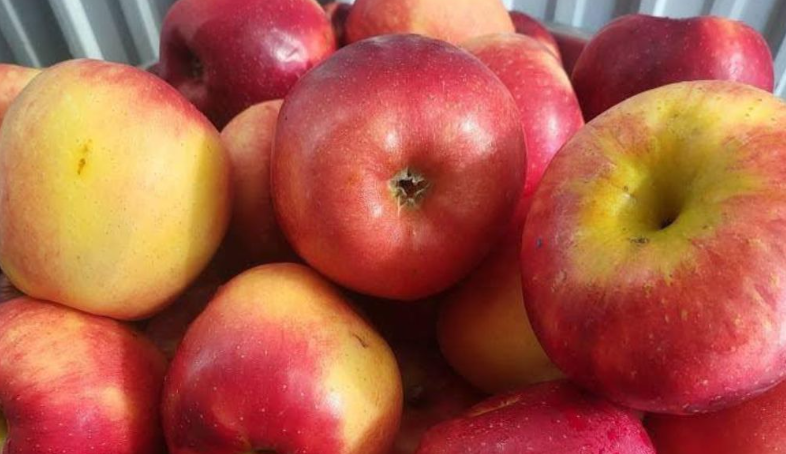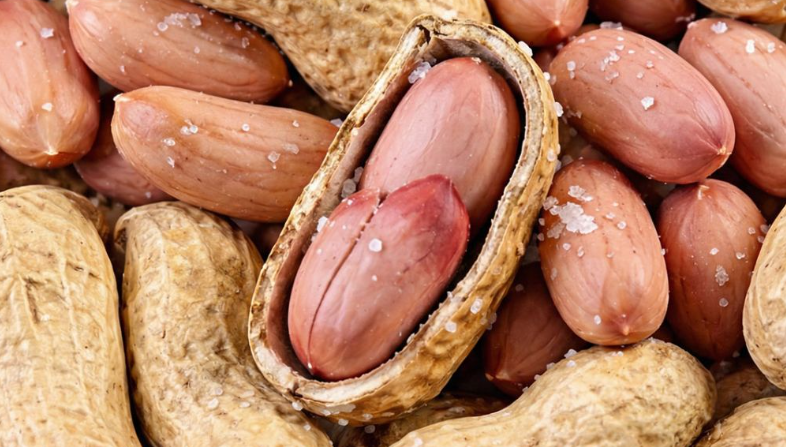For generations, eggs have earned their spot as a beloved breakfast tradition. Many of us grew up savoring fluffy scrambled eggs on lazy weekend mornings, a perfectly fried egg sliding across warm buttered toast, or a simple hard-boiled egg lightly seasoned with salt and pepper. Few foods deliver the same quiet comfort and familiar warmth to start the day.
As the years pass, most of us begin paying closer attention to nutrition and well-being. A common question arises at the breakfast table: when it comes to health, energy, and long-term wellness, do boiled eggs or fried eggs come out on top? Both deliver outstanding protein and satisfaction, yet the cooking method can noticeably influence calorie intake, nutrient retention, and overall benefits.
Let’s examine the strengths of each preparation style and discover which one aligns best with your personal goals and daily routine.
Why Eggs Continue to Reign as a Breakfast Superstar
Before diving into the differences, it’s helpful to remember why eggs remain one of the most nutrient-dense foods you can choose in the morning. A single large egg supplies around 6 grams of complete, high-quality protein—ideal for supporting muscle repair, boosting metabolism, and helping you feel alertely full for hours.
Eggs also deliver an impressive lineup of vitamins and minerals:
- Vitamin B12 for sharp thinking and healthy nerves
- Vitamin D for strong bones and immune function
- Selenium for antioxidant protection
- Choline, a vital nutrient that supports brain health and memory—especially valuable as we age
For anyone aiming to stay strong, focused, and energized throughout the morning, eggs stand among the smartest breakfast choices available.
The Strengths of Boiled Eggs: Pure, Lean, and Nutrient-Packed
Boiled eggs represent one of the simplest and cleanest ways to enjoy this powerhouse food. Here’s why they deserve regular rotation in your meal plan:
Naturally Low in Calories and Fat Cooked gently in water with no added oils or butter, a large boiled egg contains roughly 70 calories while delivering every bit of its natural nutrition—making it an excellent option for anyone mindful of daily calorie intake.
Complete Protein for Sustained Energy and Muscle Health The protein in boiled eggs absorbs easily and helps preserve lean muscle mass, something that becomes increasingly important with age. Two or three boiled eggs in the morning provide steady fuel that keeps hunger under control until lunchtime.
Maximum Nutrient Retention The gentle steaming process preserves heat-sensitive nutrients like B vitamins, vitamin D, and choline far better than higher-heat methods. Boiled eggs also supply lutein and zeaxanthin—powerful antioxidants that support eye health and help protect vision over the years.
Unmatched Convenience and Portability Prepare a batch on Sunday, store them in the refrigerator, and you have grab-and-go protein ready all week. Perfect for busy mornings, post-workout snacks, or anytime you need something quick and nourishing.
The Allure of Fried Eggs: Rich Flavor and Deep Satisfaction
Fried eggs bring an entirely different experience to the table—one that many people find deeply comforting and rewarding.
Irresistible Taste and Texture The sizzle of the pan, crispy edges, and that golden, runny (or firm) yolk create a sensory pleasure that boiled eggs rarely match. A well-made fried egg feels like a small morning indulgence.
Endless Meal Versatility Place one atop whole-grain toast with smashed avocado, nestle it into a bowl of sautéed greens, or serve it alongside roasted sweet potatoes and black beans. Fried eggs elevate simple ingredients into a restaurant-worthy plate.
Calorie Considerations A fried egg typically ranges from 90–110 calories, depending on the amount and type of fat used. The increase comes from the cooking oil or butter, so the choice of fat matters significantly.
Choosing Heart-Healthy Fats Opt for extra-virgin olive oil, avocado oil, or a small pat of grass-fed butter. These options provide beneficial monounsaturated fats and fat-soluble vitamins instead of the less desirable fats found in heavily processed oils.
Boiled vs. Fried: Finding the Right Fit for You
The ideal choice depends entirely on your personal priorities:
- Weight management and lower calories → Boiled eggs offer the leanest profile with zero added fat.
- Maximum flavor and morning comfort → Fried eggs shine, especially when cooked in a healthy fat and paired with plenty of vegetables or whole grains.
- Speed and convenience → Boiled eggs prepared in advance win every time.
A Smart Strategy: Enjoy Both Styles
The most sustainable approach is variety. Keep peeled boiled eggs in the fridge for hectic days or afternoon protein boosts. On slower mornings when you have a few extra minutes, treat yourself to a beautifully fried egg over colorful veggies or whole-grain toast. This balance gives you the nutritional edge of boiled eggs and the soul-warming pleasure of fried eggs.
Simple Ways to Make Any Egg Meal Even Healthier
- Serve eggs alongside fiber-rich choices: fresh fruit, oatmeal, or whole-grain bread.
- Load up on vegetables—spinach, tomatoes, mushrooms, or peppers add vitamins and volume without many calories.
- Season with herbs, black pepper, turmeric, or paprika instead of excess salt.
- Skip processed, high-sodium meats and focus on plant-based sides whenever possible.
The Final Verdict
Whether you reach for boiled or fried eggs, you’re already choosing one of the most nourishing, satisfying breakfast foods available. Eggs deliver lasting energy, brain-supporting nutrients, and muscle-building protein—benefits that grow even more valuable as the years go by.
Enjoy them exactly the way you love them most. With a few thoughtful choices, eggs will continue to be a delicious, heart-healthy, and energizing way to greet every new morning.







